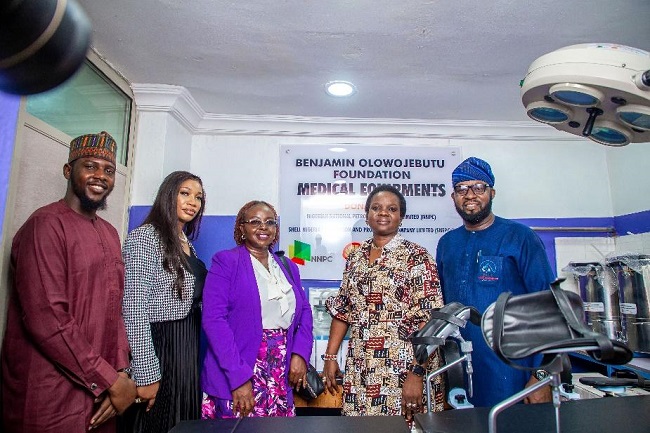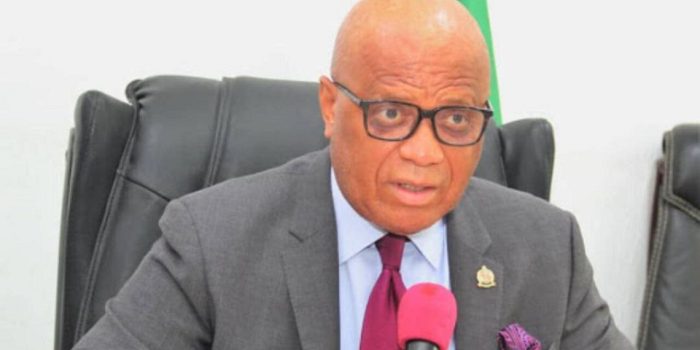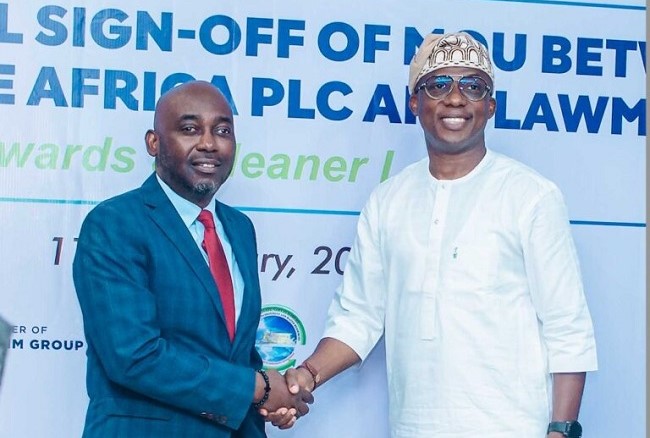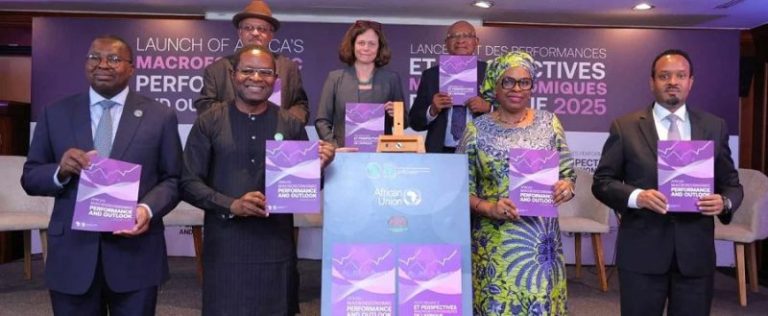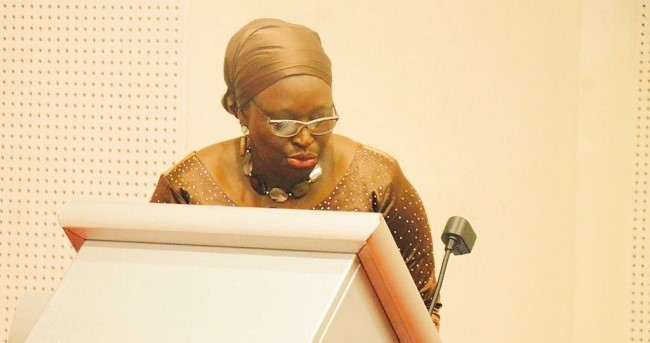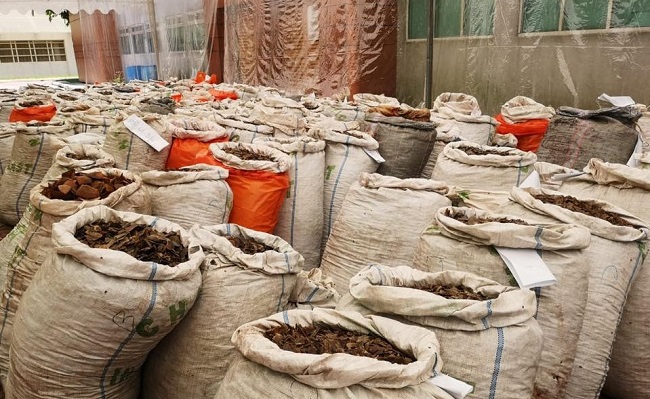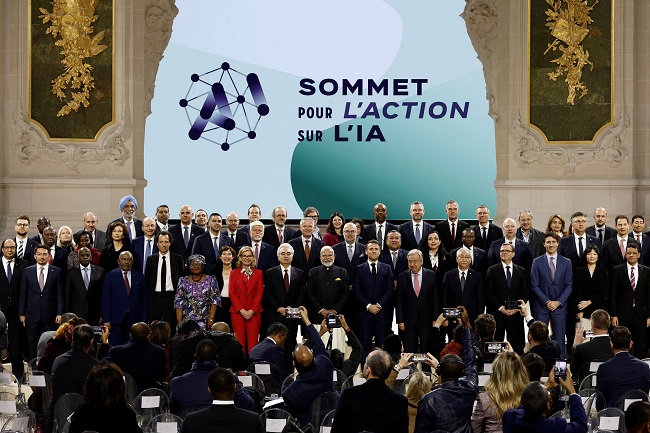In line with its 2030 ambition to decarbonise the hydrogen used in its European refineries, TotalEnergies has signed agreements with Air Liquide to develop two projects in the Netherlands, for the production and delivery of some 45,000 tons a year of green hydrogen produced using renewable power, generated mostly by the OranjeWind offshore wind farm, developed by TotalEnergies (50%) and RWE (50%).
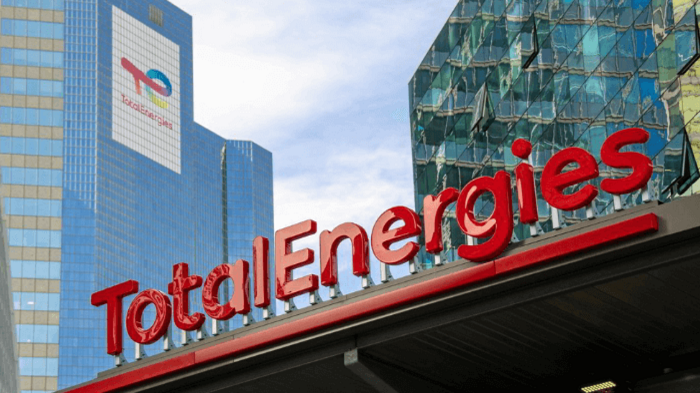
These projects will cut CO2 emissions from TotalEnergies’ refineries in Belgium and the Netherlands by up to 450,000 tons a year and contribute to the European renewable energy targets in transport.
Green hydrogen production by TotalEnergies and Air Liquide
The two companies have signed an agreement to set up a joint venture, equally held by TotalEnergies (50%) and Air Liquide (50%), which will build and operate a 250 MW electrolyzer near the Zeeland refinery. This project will enable the production of up to 30,000 tons of green hydrogen a year, most of which will be delivered to Zeeland’s platform.
The electrolyser will be commissioned in 2029 and will cut the site’s CO2 emissions by up to 300,000 tons a year. This project represents a global investment of around €600 million for both partners and has made requests for support under European and national subsidy programs. Project funding will also be sought by the partners.
Supplying TotalEnergies’ Antwerp platform with green hydrogen
In addition, as part of Air Liquide’s 200 MW ELYgator electrolyser project located in Maasvlakte (Netherlands), TotalEnergies has signed a tolling agreement for 130 MW to be dedicated to the production of 15,000 tons per year of green hydrogen for the TotalEnergies platform in Antwerp.
Under this agreement, TotalEnergies will supply the renewable electrons produced by the OranjeWind project to Air Liquide to be transformed into green hydrogen. The project is expected to be operational by the end of 2027 and will reduce CO2 emissions at the Antwerp site by up to 150,000 tons per year.
“Following the first partnership agreement with Air Liquide to supply the Normandy refinery with green hydrogen, and the agreements to supply the Grandpuits and La Mède biorefineries with renewable hydrogen, the partnership with Air Liquide takes on a new dimension and marks a new step in TotalEnergies’ ambition to decarbonize the hydrogen consumed by its refineries in Europe by 2030,” said Vincent Stoquart, President, Refining & Chemicals at TotalEnergies. “By supplying these two electrolysers with renewable electricity from our offshore wind project in the Netherlands, TotalEnergies is leveraging its positioning as an integrated electricity company.”
Emilie Mouren-Renouard, member of the Air Liquide Executive Committee, in charge of Europe operations, said: “Flagship projects such as the ones we are announcing today, will play a key role in reducing emissions, particularly in hard-to-abate sectors such as industry and heavy mobility. We are proud to lead the way on European renewable and low-carbon hydrogen production, and to accompany TotalEnergies in their journey to decarbonizing their industrial assets.
“These two projects will complete the five Air Liquide low carbon units already in operation or construction in Europe. This illustrates our capacity to offer concrete solutions to our customers, to reach our carbon neutrality ambition by 2050, and to support Europe’s leadership ambition towards decarbonized growth. It also demonstrates the ability of Air Liquide to develop solid business models in the energy field of low carbon hydrogen.”
TotalEnergies and the decarbonization of its European refineries
According to TotalEnergies, the organisation is committed to reducing the carbon footprint of producing, converting and supplying energy to its customers.
“One of the pathways identified by the Company is using low-carbon hydrogen to decarbonise its European refineries, a move that should help reduce its annual CO2 emissions by around three million tons by 2030,” TotalEnergies submitted, adding that, in order to fully decarbonise the hydrogen used in its European refineries, it has already contracted over 170,000 tons of green hydrogen annually at: La Mède , Grandpuits and Normandy in France, Leuna in Germany and its refineries in Belgium and the Netherlands.

